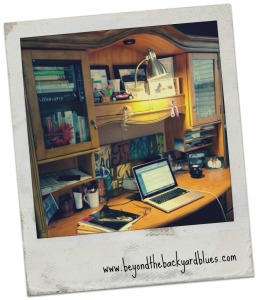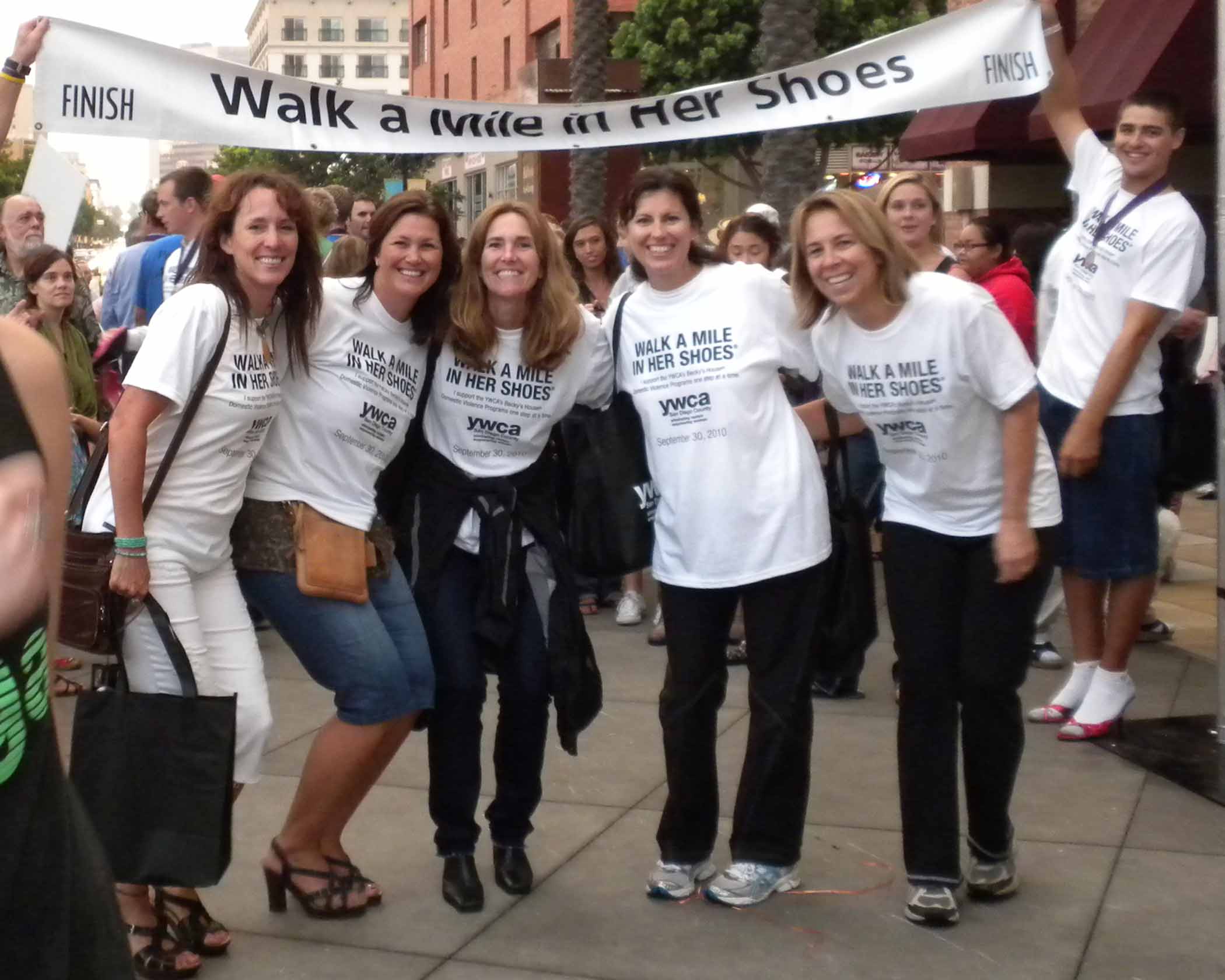“There is nothing to writing. All you do is sit down at a typewriter and bleed.” ― Ernest Hemingway
Bleeding about sums it up, although in my case, it was at a computer where I bled-out my first draft. Galvanized by my desire to add a real story to the well of fictional stories that existed, I set my sight backward, although it takes courage to retrace the path of memory; it takes something altogether different to get at the essence of what has been learned—unadulterated resolve.
 Anxious, is the best way to describe how I felt after attaching and sending my first draft via email to Terry Spohn, the then newly hired editor; having never written a book before, let alone a memoir, the abyss of the Internet was almost too much to bear. Other writers had related writing a book to the birthing of a child and I had rolled my eyes. The cursor on my screen blinked; no, not birthing, this was more akin to putting my first born on a plane unaccompanied when he was eight, only at least then I could stand at the gate and watch as the airplane pulled out of sight. The cursor continued to blink, this was my first step, in what would be many, in letting go.
Anxious, is the best way to describe how I felt after attaching and sending my first draft via email to Terry Spohn, the then newly hired editor; having never written a book before, let alone a memoir, the abyss of the Internet was almost too much to bear. Other writers had related writing a book to the birthing of a child and I had rolled my eyes. The cursor on my screen blinked; no, not birthing, this was more akin to putting my first born on a plane unaccompanied when he was eight, only at least then I could stand at the gate and watch as the airplane pulled out of sight. The cursor continued to blink, this was my first step, in what would be many, in letting go.
The wait was awful, if not interminable. And then it was over. There in my in-box was Terry’s response, with the subject heading: Notes on Reading Tornado Warning-1
Here is a slice from his notes:
The voice in the diary is very immediate, the language visceral, the scenes dramatic and compelling. The voice in the discursive passages is detached, the language vague and elevated and self-conscious.
The discursive passages should reflect upon and inform the experiences in the diary, and, since this is a memoir, this informing should be as complete and honest as possible, with no one’s feelings spared. As it is, the language and tone of the present discursive segments seem to be protecting something or someone, not least of which may be the author. In order to be seen, the author of a memoir commits to unblinking honesty.
I wanted to throw up, cry, stomp my feet, fire him, fire myself, have a different life. Wasn’t this my story? My eyes alighted on, then re-read, the following:
The language of these passages should be immediate, not lofty, narrated in scenes rather than recounted in summary. The memoirist has a duty to avoid making the reader feel not as smart as the author.
In my mind’s eye I could picture myself armed with my Merriam Webster, Flip Dictionary and Thesaurus; all veritable fixes for the word-addicted junkie in me. Although embarrassing to admit, I remembered having felt somewhat clever, if not, smart. Gross.
If there is ever a lesson to be learned about writing a memoir it is this: It doesn’t matter how many pages you type, there is never room for the author to be smug.
The stone of truth was wedged in my gut. I knew Terry was right. I also knew of those I was protecting.
All along unblinking honesty had been strapped like a pack to my back, Terry’s words made clear that it was time to rip it off, unpack the contents and own the personal risks of revealing the unvarnished events of my life. In my draft I had veiled the truth of my experience in honed metaphor. I was so busy being a “writer” that I had abandoned my chief reason for sharing—to help.
And so, the re-writing process began. It was excruciating, yet in the long run the shedding of superfluous information that did not move my story forward was in fact liberating and made the story stronger.
So, your first draft has been, for lack of a better word, thrown-up. At that point the story ceases to be about you, the author, and in that moment of arrest, becomes about the reader.
The importance of the editor is immeasurable. Terry was at an entirely different altitude than I. His clarity of vision helped me move beyond therapeutic writing. If my story was to see the light of day, it demanded that I get clear on what I had learned. The experiences of my past had shaped me, yet not defined me. I owed it to the reader to get to the heart of it—to own all of it in a way that would inform, help and prevent.
Entire sections of text, text I had labored over, words I had mined from my well of resources, metaphors that I had hid behind, all were cut.
Terry’s future emails implored me to search my soul, write, search some more, write and write and then write some more. I had to let go, strip. Protection, it turned out, was a form of dishonesty. My imperfections, juxtaposed to my insight, are what makes me utterly human—it was there, at the core of my being—that I found my voice.
*Author’s Note: I originally wrote, The Re-write, for Marion Roach Smith’s marvelous blog, Writing Lessons, you may read it in its entirety by following this link: Writing Lessons: How to Execute the Perfect Rewrite. If you have not read her book, The Memoir Project, I highly encourage you to do so, it is among my favorite books written by a writer on writing. She has a wonderful no nonsense way about her that still leaves me longing to one day be a student in her classroom.




I love this. I could feel the emotional roller coaster you experienced. The end result was worth all the angst. Your memoir is touching, deep, insightful and authentic.
Thank you Kim xoxo
Saving this one. I needed it today and I’m confident I’ll need it again.
Thank you Mary, I am glad it helped. xo